Exploring Logistics Powerhouses:
Richmond & Norfolk, Virginia
Richmond & Norfolk, Virginia
Richmond’s and Norfolk’s quick rise as key industrial hubs is due to their unique blend of geographical benefits, advanced infrastructure, and innovative logistics solutions, which position them as crucial parts of the United States logistics network.
Why Richmond & Norfolk are Integral to Domestic Logistics
Why Richmond & Norfolk are Integral to Domestic Logistics
Prime Geographical Location
Situated on the East Coast, these two Virginian cities offer direct access to the Atlantic Ocean, facilitating seamless maritime transportation. This strategic location allows for efficient import and export activities, making it a crucial hub for international trade. Norfolk’s proximity to major highways and railroads further enhances its connectivity, enabling swift and cost-effective transportation of goods across the country.
In addition, Richmond and Norfolk are appealing options for distributors because they are located within a 48-hour drive of 75% of the U.S. population.
Infrastructure Marvels
Virginia’s extensive and advanced infrastructure cements its status as a prime location for freight movement. The Port of Virginia, located in Norfolk, is one of the busiest and most significant ports in the United States. It handles millions worth of cargo every year and serves as a vital gateway for goods entering and exiting the country. The port’s deep channels and modern facilities, particularly the Richmond Marine Terminal, can accommodate some of the world’s largest vessels, ensuring efficient and reliable maritime operations.
Additionally, the region has a robust network of highways and railroads that support its logistics capabilities. The presence of major highways like Interstate 64 and Interstate 264 facilitates the swift movement of goods by road. The Norfolk Southern Railway provides a crucial link for freight transportation by rail, connecting the cities to major markets across the country.
Logistics Data Insights
Thousands of trucks enter and exit the Norfolk region each year, making it a pivotal node in the supply chain. The Port of Virginia alone handles approximately 22 million tons of cargo annually, contributing significantly to the region’s logistics prevalence.
The region’s well-developed road infrastructure supports the high volume of truck traffic, ensuring timely and efficient deliveries. Transport companies in Norfolk and Richmond logistics firms benefit from their strategic location and infrastructure, enabling them to provide reliable logistics solutions to businesses across various industries.
- Port of Virginia is known as North America’s most automated port
- Richmond and Norfolk have 150 million sq. ft. of existing warehouse space
- The region’s location allows goods to reach 50% of the U.S. population in under 24 hours
How Weather Impacts Freight Shipping
South Virginia has faced its fair share of weather-related challenges that impact freight shipping this century. Its coastal location makes it particularly susceptible to hurricanes and tropical storms, which disrupt maritime operations and delay shipments. Flooding and storm surges can damage infrastructure, leading to temporary closures of ports and highways.
Despite the weather-related challenges, Norfolk has shown remarkable resilience in maintaining its logistics operations. The city’s infrastructure is designed to withstand adverse weather conditions, and contingency plans are in place to mitigate the impact of weather-related disruptions.
Unique Features of Richmond & Norfolk
Unique Features of Richmond & Norfolk
Logistics Innovations
Norfolk is a hub of innovation in the logistics industry, constantly adopting new technologies and practices to enhance efficiency and reliability. For instance, the Port of Virginia brags state-of-the-art equipment and automation to streamline cargo handling processes, reducing turnaround times and improving overall productivity.
The Fleet Logistics Center Norfolk is another example of the city’s commitment to logistics excellence. This center provides comprehensive support to the U.S. Navy’s fleet, ensuring timely and efficient delivery of supplies and equipment. The presence of the Defense Logistics Agency Distribution Norfolk further enhances the region’s logistical capabilities, supporting both military and commercial operations.
Business-Friendly Environment
Richmond’s and Norfolk’s business-friendly environment is a significant draw for logistics companies and other businesses. The region’s economic policies and incentives create favorable business growth and investment outlook. Companies operating in the area benefit from lower operating costs than other major logistics hubs, making it an appealing destination for businesses striving to optimize their supply chain operations.
Another advantage for logistics companies in Norfolk is the availability of skilled labor. The city’s workforce is well-trained and experienced in several aspects of supply chain management, guaranteeing that businesses have access to the talent they need to flourish.
Cultural Richness
Virginia’s rich maritime heritage is a significant aspect of its cultural identity. The region’s history is closely bound to its role as a major port and naval base, and this legacy is celebrated through various cultural and educational initiatives. This deep-rooted connection to the maritime industry further underscores Richmond’s and Norfolk’s significance as logistics hubs.
Additionally, the presence of numerous museums, theaters, and festivals creates a dynamic and engaging environment for both residents and visitors. This cultural diversity enhances the quality of life for residents and attracts talent from across the country.
Prospects and Future Growth
Developing new logistics facilities, such as the Norfolk warehouse distribution center, will provide additional capacity and support for the region’s logistics operations. The cities’ combined warehouse labor force of 34,442 is expected to grow by 13% by 2032. These facilities will enable businesses to store and distribute goods more efficiently, meeting the growing demand for logistics services.
As Richmond and Norfolk continue to invest in their logistics capabilities and embrace new opportunities, they are well-positioned for a future of sustained growth and success in the logistics industry. No matter the size or type of cargo, we get the job done right every time. At Last Mile Logistics, we have over 150 years of combined experience in supply chain solutions. With our extended network of freight partners, we are the ideal carrier.
What services do we provide in this area?
What services do we provide in this area?
At Last Mile Logistics, we deliver a wide range of freight services that will help your business to grow. From expedited shipping to white glove services, we will be your logistics partners along the road.
Superior results through technology
One the greatest challenges today is sourcing capacity that fluctuates with demand in the marketplace. As an intermediary, we carefully consider the qualifications of the truck equipment operators we contract with to service our shipper clients’ needs.
LAST MILE LOGISTICS logisticians rely on their experience and use of proprietary technology to manage and move every shipment. And because shipper clients require a practical risk management approach to doing business, LAST MILE LOGISTICS is one of few brokers that has Primary Truck Broker Liability Insurance ($2 Million policy).

Find your next shipping partner, watch to learn how Last Mile Logistics can improve your business shipping logistics
Find your next shipping partner, watch to learn how Last Mile Logistics can improve your business shipping logistics
Affiliations & memberships
Affiliations & memberships
We maintain strategic partnerships with like-minded organizations that help improve safety, efficiency, and value for the customer.
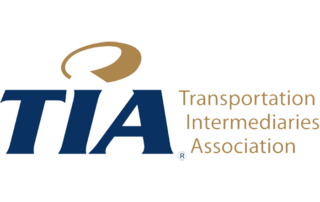
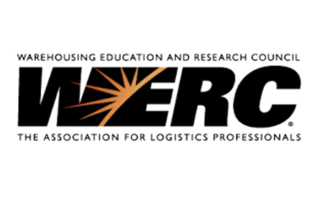

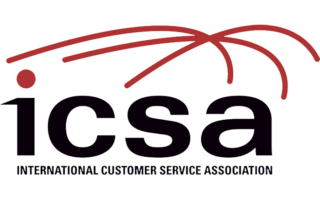
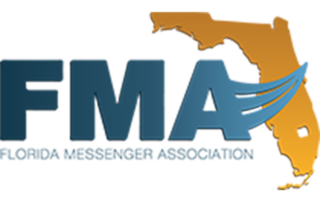
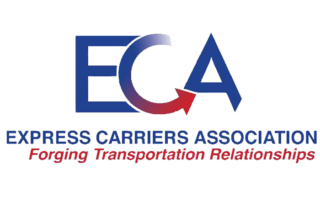
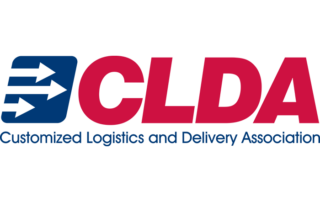

Latest articles
Ways White Glove Service Reduces Damage
If your shipment needs more than transportation, if it demands attention and security, white glove service is the smart solution.
Asset-Based vs. Non-Asset-Based Carriers, Which Works Better for Your Business?
By partnering with a non asset based company, you will gain access to expert knowledge about what works best for you and your industry.
Logistics Outsourcing: The Key for Savings and Optimization
Logistics outsourcing means partnering with professionals to focus on sales, growth, and quality service.
Looking for a shipping partner?





